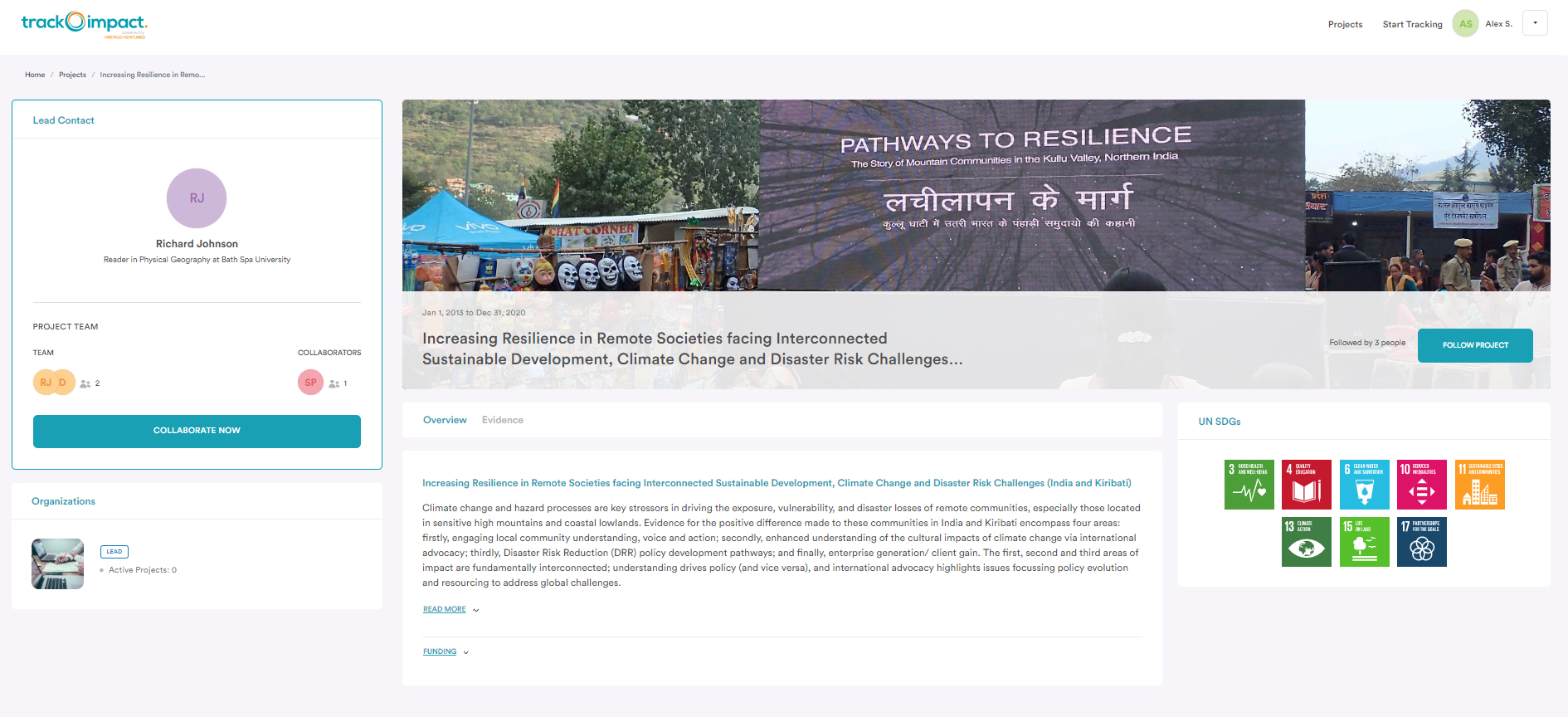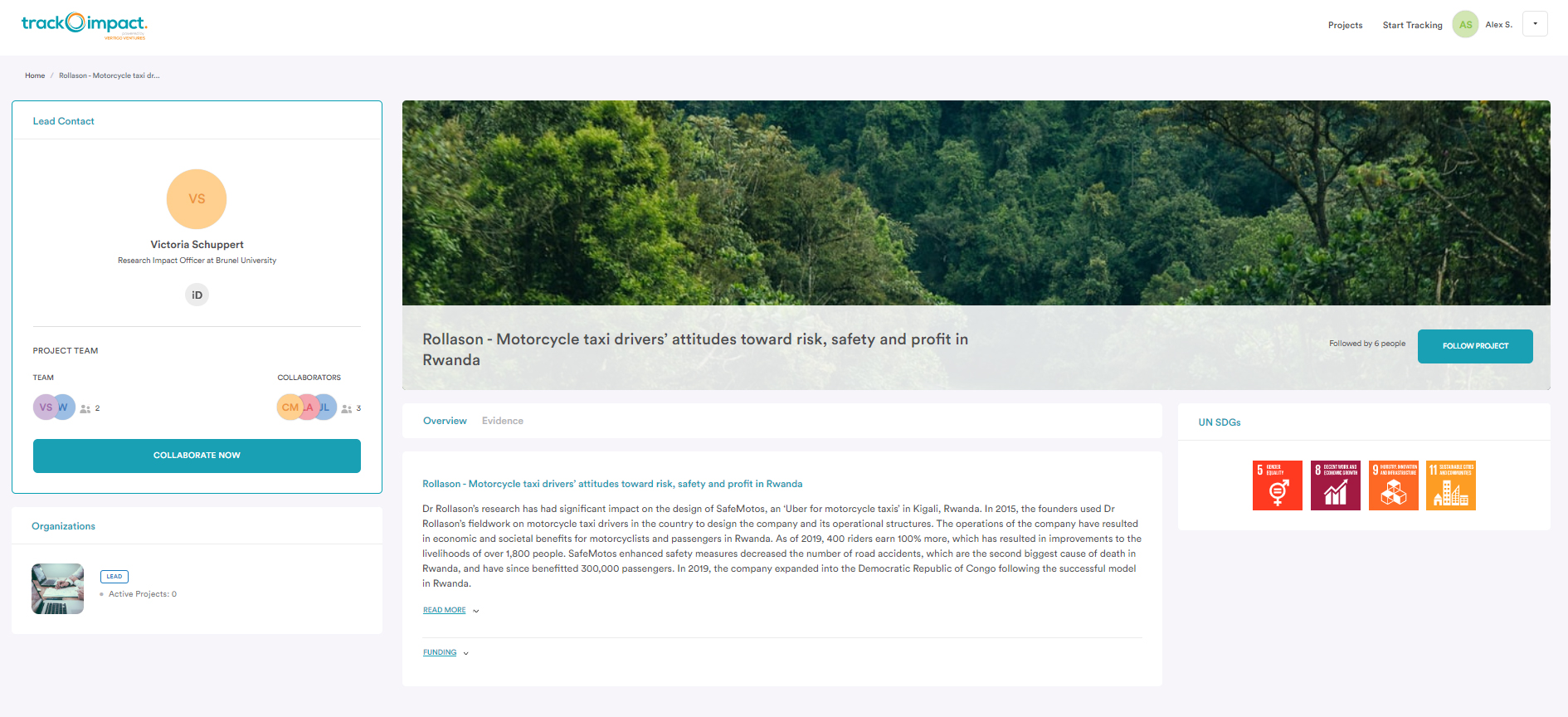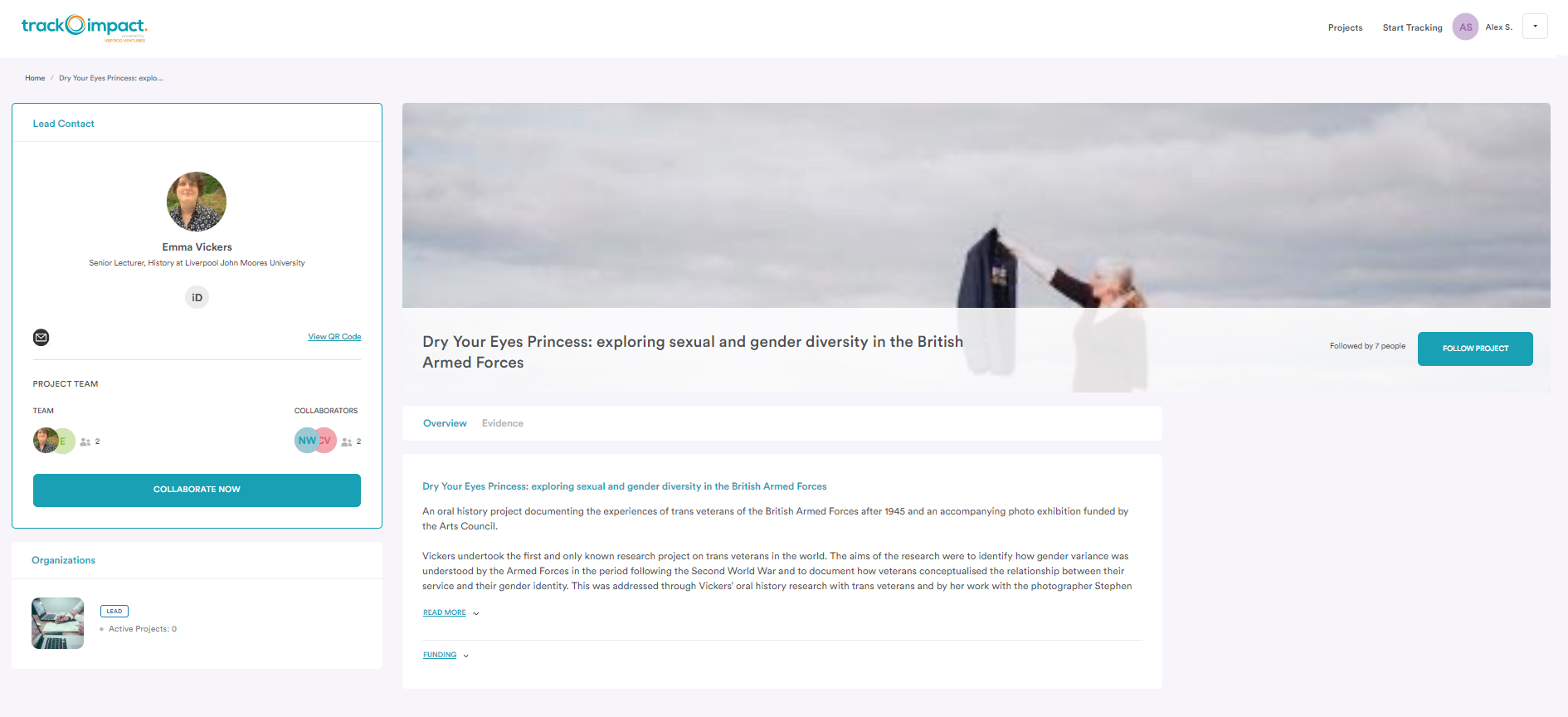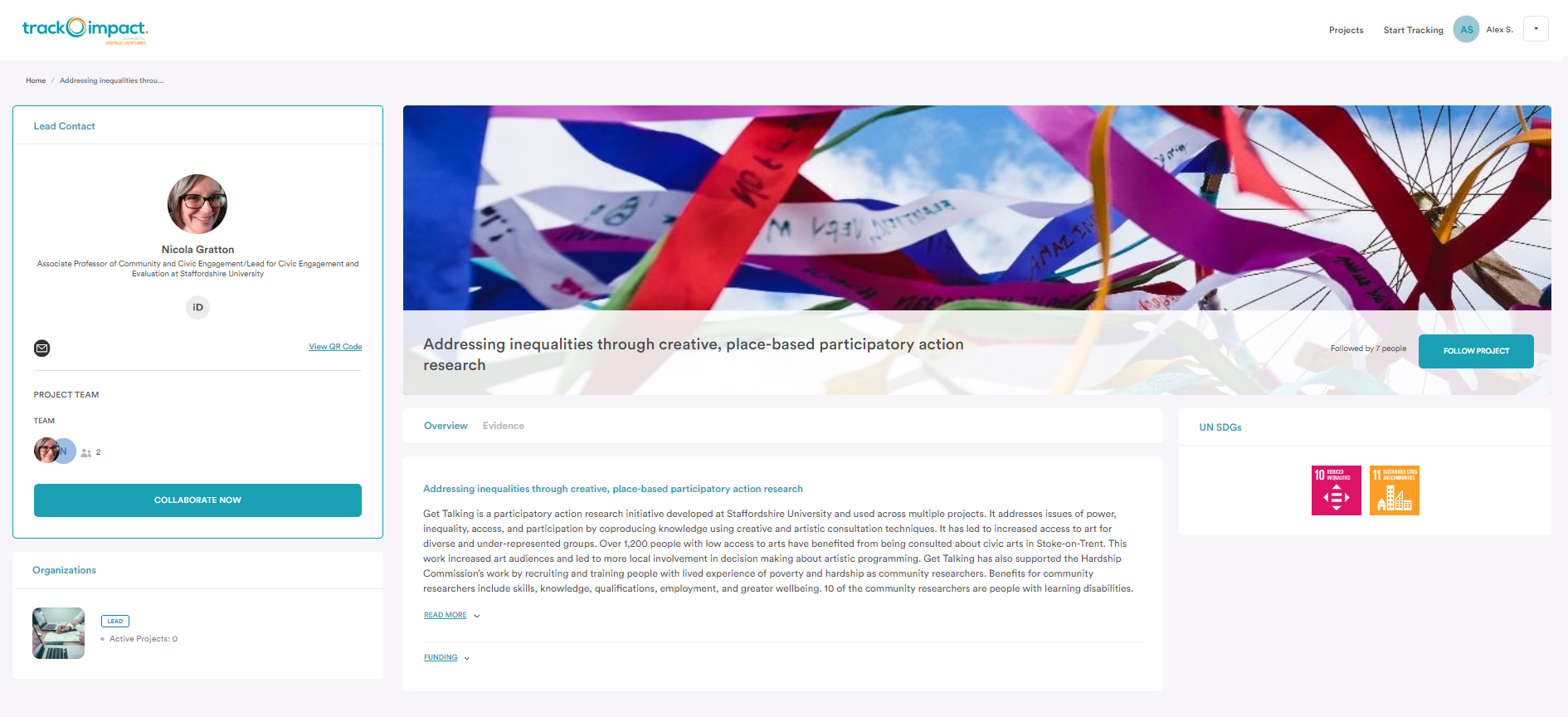Earlier today, the 6,781 Impact Case Studies (ICS) that had been submitted to the UK’s Research Excellence Framework (REF) 2021 were published by UKRI.
78.9% of these were deemed to be of 4* (world leading) or 3* (internationally excellent) quality, which is hugely positive news for UK research, and will have a bearing on the allocation of funding to institutions later in the year.
Impact Case Studies are increasingly important worldwide in demonstrating the social, economic, environmental, cultural and other impact of research. For instance, earlier in 2022, a database of 2,661 ICS from Polish universities and research institutions was published, while Australia remains conscious of the impending EI 2024 deadline once the ERA submission is completed in March 2023.
However, while the debate between the merits of formative and summative assessments continues to rage, the fact remains that REF 2021 has passed, yet impact is not stuck in time and will continue to evolve, both in forecasted and unforeseen ways.
One of the best ways to develop impact further is through research collaboration; but global collaboration is becoming increasingly difficult, which despite positive news around UKRI funding boosts is further compounded for UK individuals and institutions by the ongoing situation with Horizon Europe.
And although the REF may be over, at least until its successor manifests in 2028 or thereabouts, a larger and more ominous shadow lingers – the UN’s 2030 target for its Sustainable Development Goals – and this is what we must address. The SDGs will only be achieved through working together, not just within academia but across multiple sectors, combining both local and international knowledge and skills to make genuine progress.
To respond to the challenges around global collaboration, which were exacerbated by the pandemic, we launched the TrackImpact.org research collaboration platform last year to help support our clients and work towards a true worldwide impact community.
TrackImpact.org enables users to publish evidence, identify impact areas through a progressive taxonomy that is evolving real-time based on global user input, clearly align their projects to the SDGs that they address, and attract international collaboration to help supercharge the impact of their projects.
And with the impact of the SDGs considered to be primarily discursive, and the world beset with worsening crises, the need for action is greater than ever.
Fortunately, many of the UK TrackImpact.org projects are built on the same Impact Case Studies as those that have received acclaim in the recent REF – so now we have an opportunity to accelerate the impact of this world-leading (or internationally excellent) work. The platform is not just limited to the UK, either, with users and projects spread across six continents, and numbers continuing to grow by the day.
TrackImpact.org lets you follow those projects that matter most to you, to publish your own work into a truly global community, and also to identify and collaborate on those projects where you can add real value.
Let’s take a look at some examples of the institutions and their research projects that not only succeeded in REF 2021, but are also live on TrackImpact.org to support the continuing development of impact – and don’t forget you can sign up for free and get involved, or even publish your own projects to the international community!
Bath Spa University
Increasing Resilience in Remote Societies facing Interconnected Sustainable Development, Climate Change and Disaster Risk Challenges (India and Kiribati)
SDGs 3, 4, 6, 10, 11, 13, 15 and 17
Get involved on TrackImpact:
Brunel University
Commercial use of research on motorcycle taxis in Kigali, Rwanda
SDGs 5, 8, 9, 11
Liverpool John Moores University (LJMU)
Dry Your Eyes Princess: exploring sexual and gender diversity in the British Armed Forces
SDG 5
University of Plymouth
SDGs 13 and 15
Staffordshire University
Addressing Inequalities through Creative, Place-Based Participatory Action
SDGs 10 and 11
Learn more about this project through our Impact in Action series:






